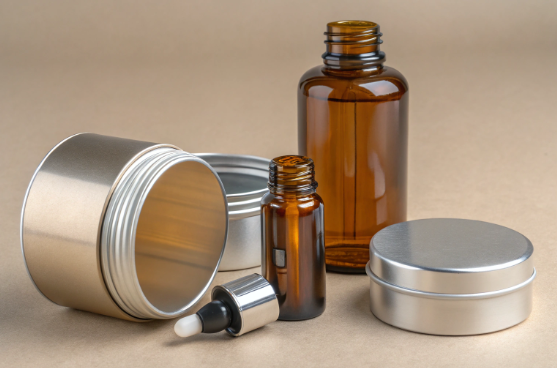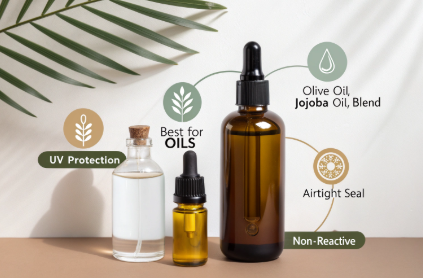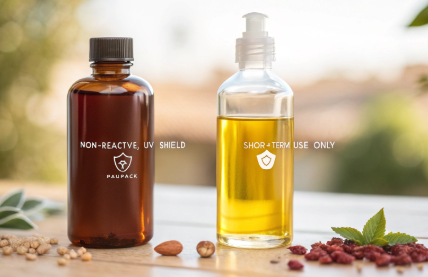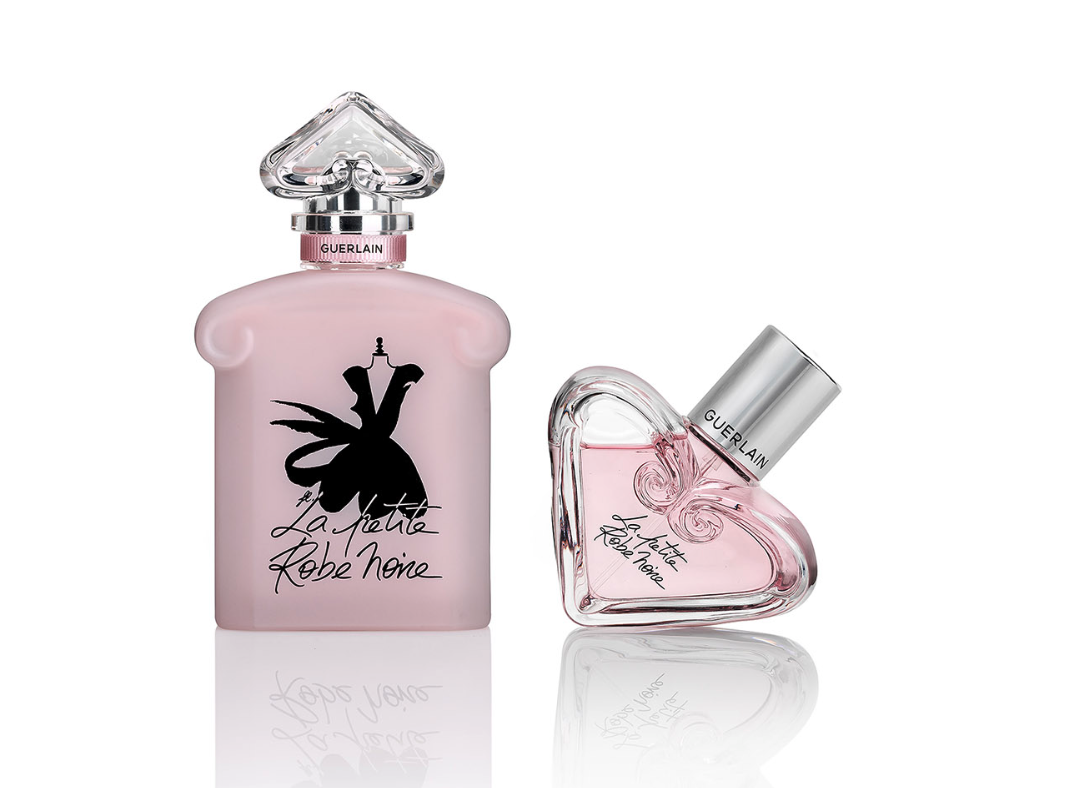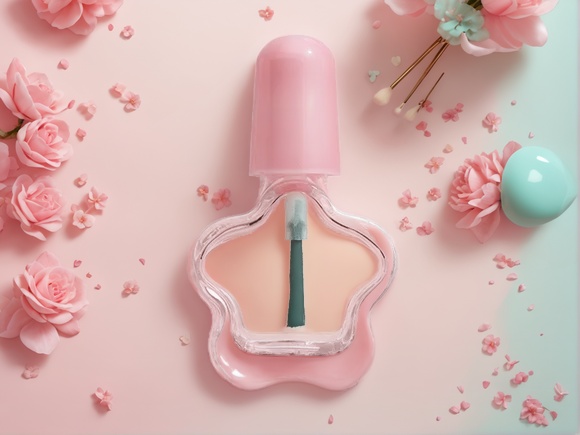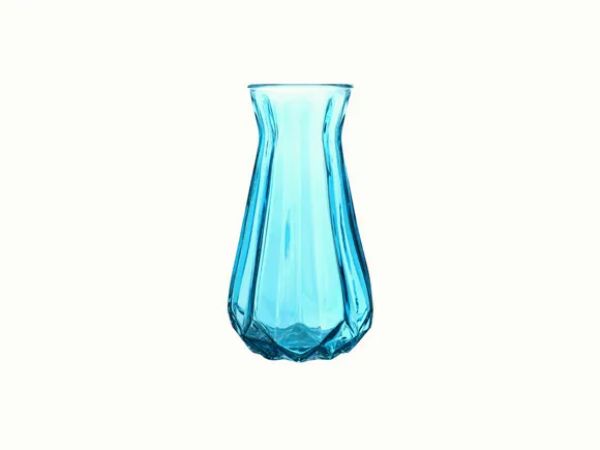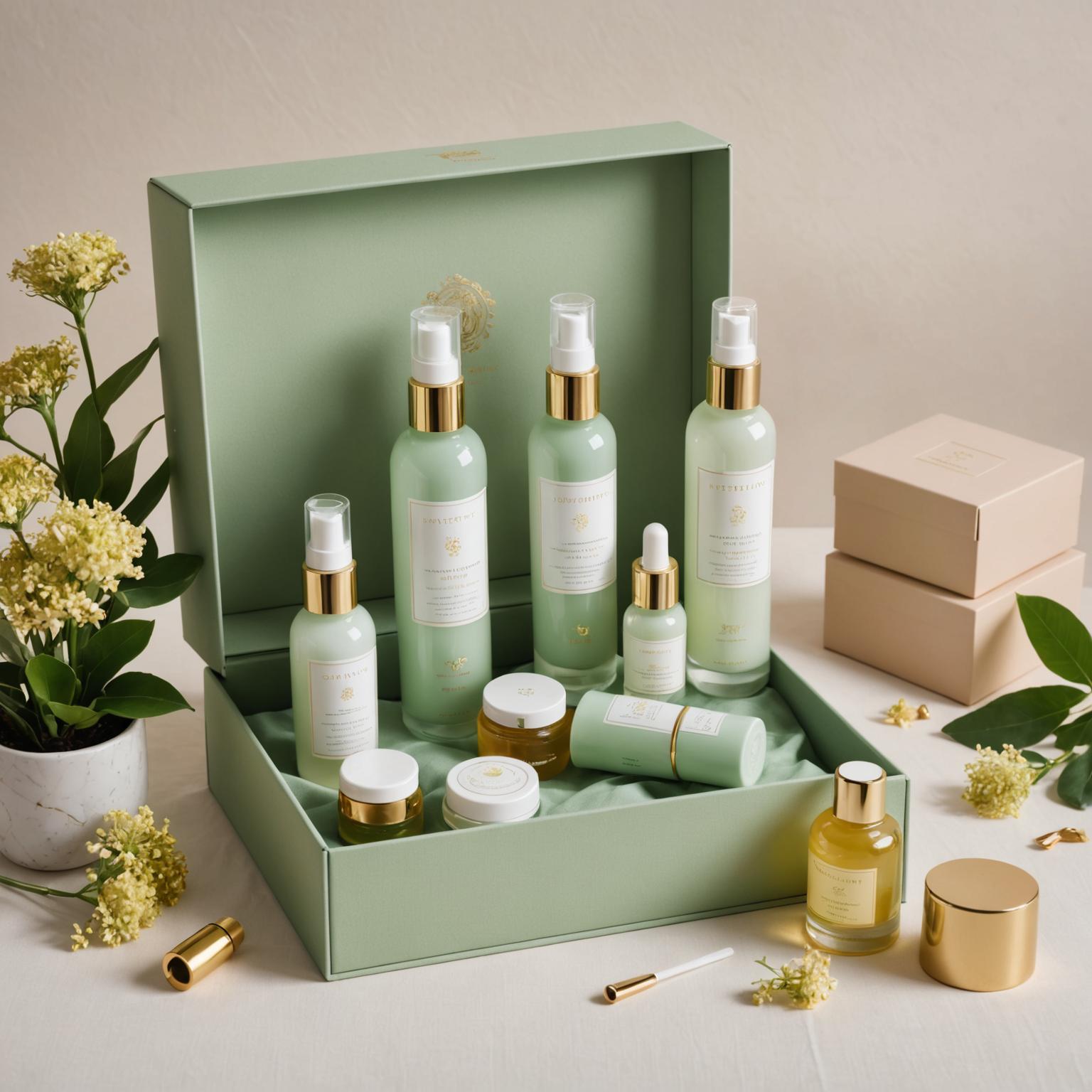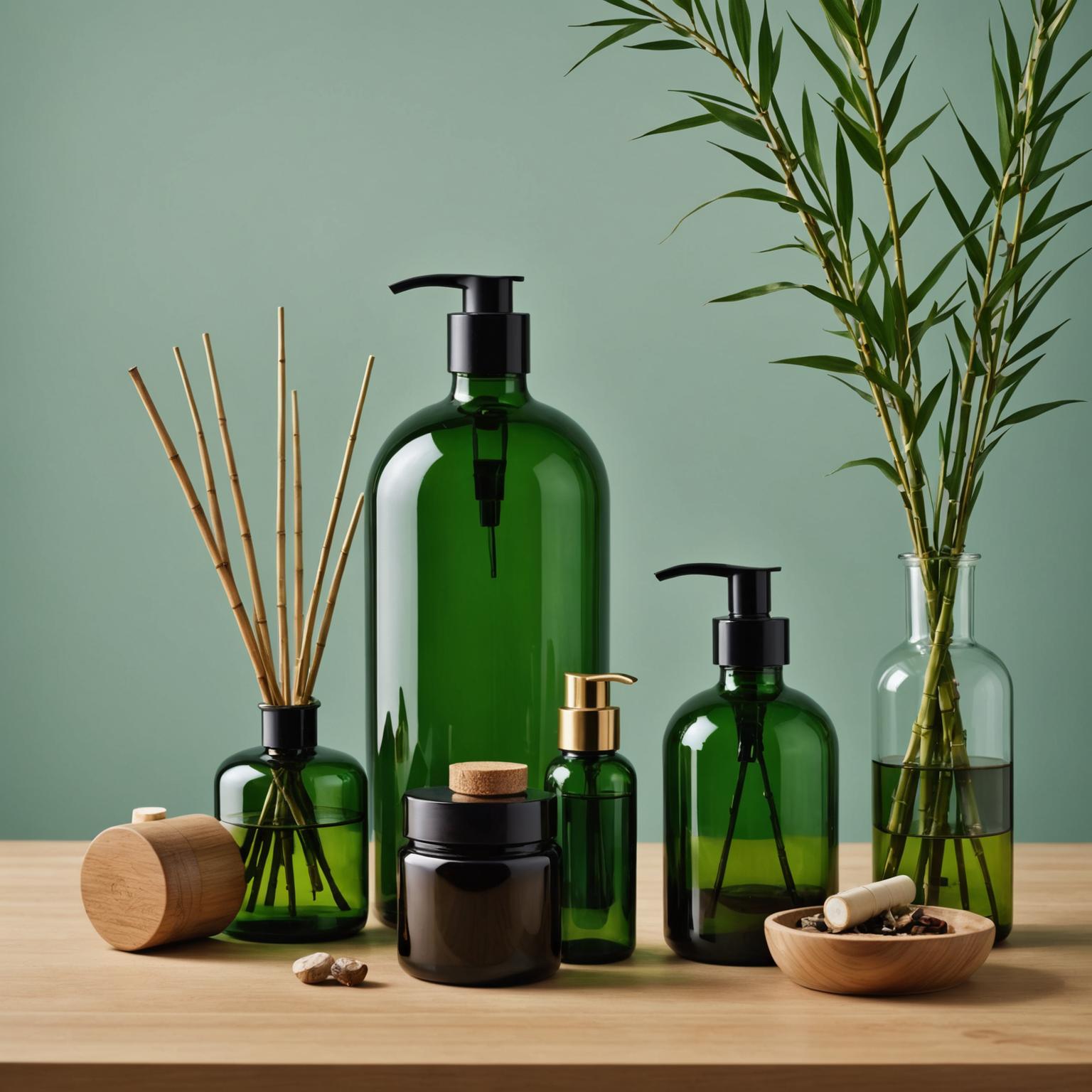Choosing the wrong container can shorten oil shelf life, affect its flavor, or even pose health risks.
The best container for storing oil is a dark glass bottle with an airtight seal, as it protects against light, air, and chemical reactions that can spoil the oil.
Let’s explore what makes a container oil-friendly—whether for cooking oils, carrier oils, or essential blends.
What container should I put oil in?
You might be tempted to reuse any old bottle—but when it comes to oil, not all containers are created equal.
You should store oil in non-reactive, airtight containers like amber glass, stainless steel, or food-grade ceramic to protect it from oxidation and UV exposure.
Dive Deeper: What Oils Need to Stay Fresh
Oils are sensitive to light, heat, and air. These elements degrade fatty acids and antioxidants, leading to rancidity and flavor loss. That’s why your container must block these elements as much as possible.
Ideal Storage Features:
| Feature | Purpose |
|---|---|
| Dark or opaque color | Blocks light, slows oxidation |
| Airtight closure | Prevents air entry and evaporation |
| Non-reactive material | Avoids chemical leaching or flavor alteration |
| Easy-pour design | Prevents spills and overexposure to air |
At PauPack, we design oil packaging with these features in mind—whether it’s an amber glass bottle for almond oil or a stainless dispenser for gourmet olive oil. Our caps, pumps, and droppers are tailored to keep oil safe and usable.
Which container is best for oil?
The answer depends slightly on the type of oil—but some materials outperform others across the board.
The best container for oil is amber or green glass, followed by stainless steel for large volumes, as both offer excellent UV protection and chemical stability.
Dive Deeper: A Material-by-Material Comparison
Let’s compare the top container options by how well they protect oil:
| Material | Pros | Cons |
|---|---|---|
| Amber glass | Blocks 97% of UV rays, inert, recyclable | Fragile |
| Stainless steel | Light-proof, durable, ideal for bulk storage | Heavy, costly |
| Ceramic (glazed) | Blocks light, stylish | Can be porous or crack |
| Plastic (HDPE, PET) | Lightweight, cheap | Permeable, can leach chemicals |
| Clear glass | Elegant, recyclable | Exposes oil to light damage |
Amber glass strikes the best balance of aesthetics, protection, and sustainability. At PauPack, we offer amber bottles in sizes from 5ml to 1L, with customizable closures and branding-ready finishes.
Is it better to store oil in glass or plastic?
If long-term quality and safety matter, the answer is clear.
It’s better to store oil in glass than plastic because glass is non-reactive, impermeable, and offers superior UV protection when tinted.
Dive Deeper: The Risks of Plastic
Plastic can be convenient for shipping or short-term storage, but:
-
It absorbs and releases odors
-
May leach chemicals into oil over time
-
Degrades faster when exposed to heat or sunlight
Only use plastic if:
-
It's HDPE or PP certified for food use
-
It's used for short-term storage or transport
-
The oil is kept away from heat and light
At PauPack, we recommend glass for final packaging, especially for high-value oils like argan, rosehip, or essential oils. Our recyclable, FDA-compliant glass containers offer unmatched purity and brand appeal.
What is the best material for storing oil?
Think of your oil container as armor—its job is to guard against everything that can ruin the product inside.
The best material for storing oil is tinted glass (amber or green), followed by stainless steel for industrial or bulk applications.
Dive Deeper: Why These Materials Work
Amber Glass
-
Blocks light, inert, recyclable
-
Ideal for retail and personal care oils
Green Glass
-
Visually distinctive, partial UV block
-
Great for gourmet oils like extra virgin olive oil
Stainless Steel
-
Food-grade, corrosion-resistant
-
Best for refill stations, kitchens, and food service
Avoid These:
-
Clear glass: unprotected from light
-
Regular plastic: prone to degradation and leaching
| Use Case | Best Material |
|---|---|
| Essential oils | Amber glass |
| Skincare oils | Amber/cobalt glass |
| Cooking oils | Green/amber glass or stainless steel |
| Bulk storage | Stainless steel or HDPE (temporary) |
At PauPack, we help brands choose the right bottle for their oil’s chemistry and target market—balancing safety, style, and supply chain efficiency. Our amber bottles, aluminum caps, and eco-friendly packaging elevate product quality and perception.
Conclusion
When it comes to oil, glass is best—especially amber or green—because it protects your product from the enemies of freshness: light, air, and heat. The right container doesn’t just store oil—it preserves its value.




